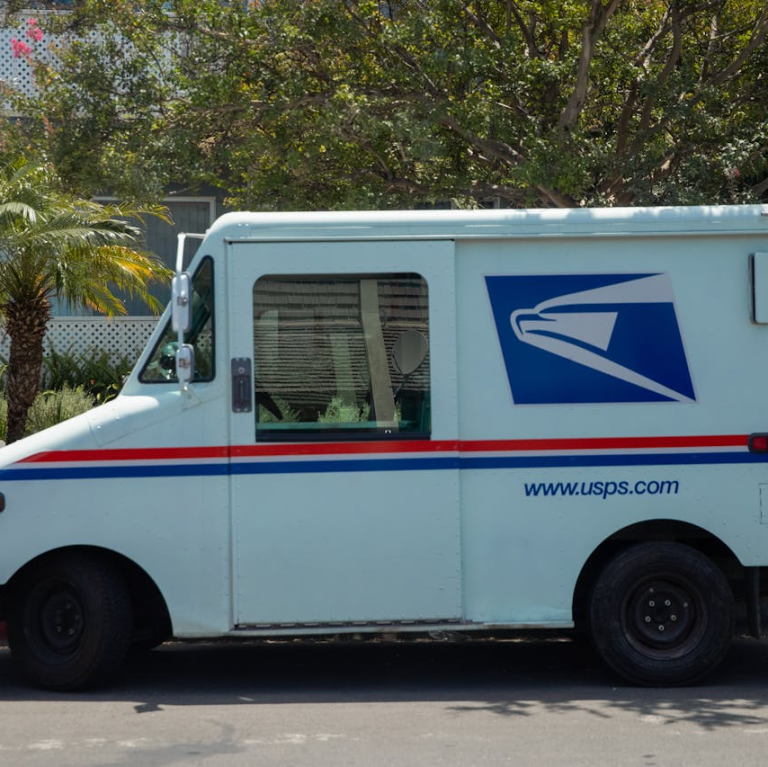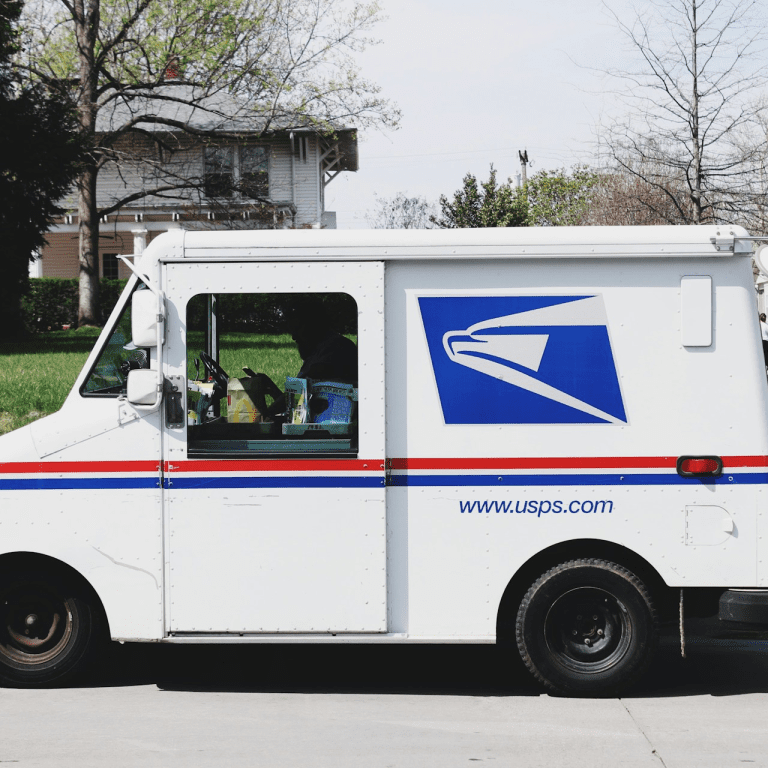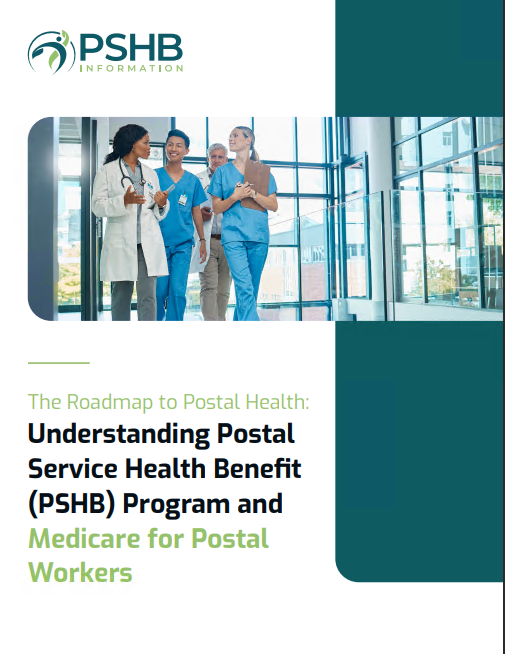Key Takeaways:
- USPS retirees must now enroll in Medicare Part B as part of the Postal Service Health Benefits (PSHB) program, directly affecting their healthcare coverage options.
- Failing to enroll in Medicare Part B by the deadline could lead to increased costs and penalties, emphasizing the importance of timely action.
Medicare Part B Is Now Mandatory for USPS Retirees—Here’s How It Impacts You
As of 2024, a major change has been implemented for U.S. Postal Service (USPS) retirees regarding their healthcare coverage. If you are a USPS retiree, or close to retirement, understanding the implications of Medicare Part B becoming mandatory is crucial for protecting your benefits and avoiding unnecessary penalties. This change is part of the new Postal Service Health Benefits (PSHB) program, which reshapes how postal employees and retirees will receive their healthcare coverage.
What Is Medicare Part B?
Medicare Part B is a key part of the Medicare program that covers outpatient care, such as doctor’s visits, preventive services, and certain medical equipment. It’s the part of Medicare you turn to for many routine healthcare needs. Unlike Medicare Part A, which primarily covers hospital stays, Part B requires a monthly premium based on your income level.
Previously, USPS retirees had the option to enroll in Medicare Part B when they became eligible at age 65, but it was not mandatory. However, with the introduction of the PSHB program, retirees must now enroll in Medicare Part B to maintain full healthcare coverage.
The Postal Service Health Benefits (PSHB) Program
The PSHB program is a new healthcare program specifically designed for USPS employees and retirees. It was created under the Postal Service Reform Act of 2022, aiming to streamline healthcare benefits for postal workers while aligning them more closely with federal healthcare options. One of the critical elements of this program is the requirement for retirees to enroll in Medicare Part B once they are eligible, or risk losing parts of their healthcare coverage through PSHB.
This change is designed to help USPS retirees maximize the coverage they receive from Medicare and reduce the burden on the USPS’s health plan by coordinating benefits between Medicare and the PSHB.
Why Is Medicare Part B Now Mandatory for USPS Retirees?
The shift to make Medicare Part B mandatory for USPS retirees stems from the Postal Service Reform Act’s aim to reduce healthcare costs for both USPS and its retirees. Before 2024, many USPS retirees opted not to enroll in Medicare Part B because of the additional premium costs, relying solely on the Federal Employees Health Benefits (FEHB) program. However, this could lead to higher out-of-pocket expenses, as FEHB plans are not intended to be standalone coverage for retirees once they become Medicare-eligible.
By mandating Medicare Part B, retirees will now use it as their primary insurance for outpatient care, with their PSHB plan acting as supplemental coverage. This coordination reduces overall costs for the Postal Service and ensures that retirees get the full benefits Medicare offers, such as lower copays for medical services.
How Will This Impact Your Retirement Healthcare?
Improved Coverage and Reduced Out-of-Pocket Costs
For most USPS retirees, enrolling in Medicare Part B will improve overall healthcare coverage. Medicare Part B covers 80% of outpatient care services, while your PSHB plan will cover much of the remaining 20%. This dual coverage minimizes out-of-pocket costs for medical services that you would otherwise pay if you relied solely on the PSHB program without Medicare.
Medicare Part B Enrollment and Premiums
Medicare Part B requires a monthly premium, which will vary based on your income level. For USPS retirees, the premiums for Part B will be an added cost compared to previous years when this was optional. However, the enhanced coverage and reduction in out-of-pocket expenses for medical services often offset these premiums.
You must enroll in Medicare Part B during your Initial Enrollment Period, which begins three months before your 65th birthday and extends to three months after. Missing this window could result in late enrollment penalties that permanently increase your Part B premium. For those who are already 65 and still working or newly retiring, there are additional Special Enrollment Periods that may apply.
Potential Late Enrollment Penalties
If you don’t enroll in Medicare Part B when you’re first eligible, you could face a late enrollment penalty. This penalty increases your Part B premium by 10% for each full 12-month period that you were eligible but didn’t sign up. With the new PSHB mandate, failing to enroll on time could lead to significant extra costs over the course of your retirement. For USPS retirees, avoiding these penalties is key to maintaining affordable healthcare coverage.
What Should USPS Retirees Do Next?
Review Your Medicare Enrollment Status
The first step is to confirm whether you are already enrolled in Medicare Part B. If you’re approaching age 65 or newly retired, ensure that you understand your Medicare enrollment options and deadlines. The USPS and Office of Personnel Management (OPM) will send notifications and provide resources to help you navigate this process. You can also visit Medicare.gov for more information or contact a Licensed Insurance Agent specializing in Medicare for guidance.
Adjust Your Budget for Medicare Part B Premiums
Since Medicare Part B is now mandatory, it’s important to plan for the additional premium costs in your retirement budget. Although Part B can increase your monthly expenses, the reduction in out-of-pocket healthcare costs and avoidance of penalties can help keep your overall healthcare spending manageable. Depending on your income level, the Medicare Part B premium may be higher than the standard rate, so be sure to check your income bracket to calculate your exact premium.
Coordinate Your PSHB and Medicare Coverage
As a USPS retiree, coordinating your Medicare Part B and PSHB coverage is crucial. With Medicare Part B as your primary insurance, PSHB will act as secondary coverage, filling in the gaps by covering services that Medicare doesn’t fully pay for. This can include deductibles, copays, and coinsurance, ensuring more comprehensive healthcare coverage.
Common Concerns for USPS Retirees
What If You’re Already Retired?
If you’re already retired and didn’t enroll in Medicare Part B when you became eligible, this new mandate means you will need to enroll now to keep your healthcare benefits under the PSHB program. Be mindful of any potential late enrollment penalties that may apply and reach out to Medicare or the USPS for help with the enrollment process.
What About Spouses and Dependents?
If your spouse or dependent is covered under your PSHB plan, it’s important to understand how the new Medicare requirements will affect them. Spouses and dependents may also need to enroll in Medicare Part B if they’re eligible to maintain the same level of coverage under the PSHB program.
The Benefits of Early Action
By enrolling in Medicare Part B as soon as you become eligible, USPS retirees can avoid late penalties, ensure they have comprehensive healthcare coverage, and take full advantage of the coordination between Medicare and the PSHB program. Planning ahead will help you manage your healthcare costs and reduce the potential for gaps in your coverage.
Keep an Eye on Future Changes
The PSHB program is relatively new, and future updates to how the program coordinates with Medicare may occur. Staying informed about changes in postal retiree benefits will help you adapt and ensure you’re making the best decisions for your healthcare coverage.
Preparing for the 2024 Medicare Change
The 2024 change to mandatory Medicare Part B enrollment for USPS retirees is a significant shift in how you manage your healthcare in retirement. Understanding the requirements, planning for premiums, and enrolling on time are essential steps to take now to protect your health and your finances. Staying ahead of the process will ensure you continue to receive comprehensive coverage while avoiding penalties and unexpected costs.










